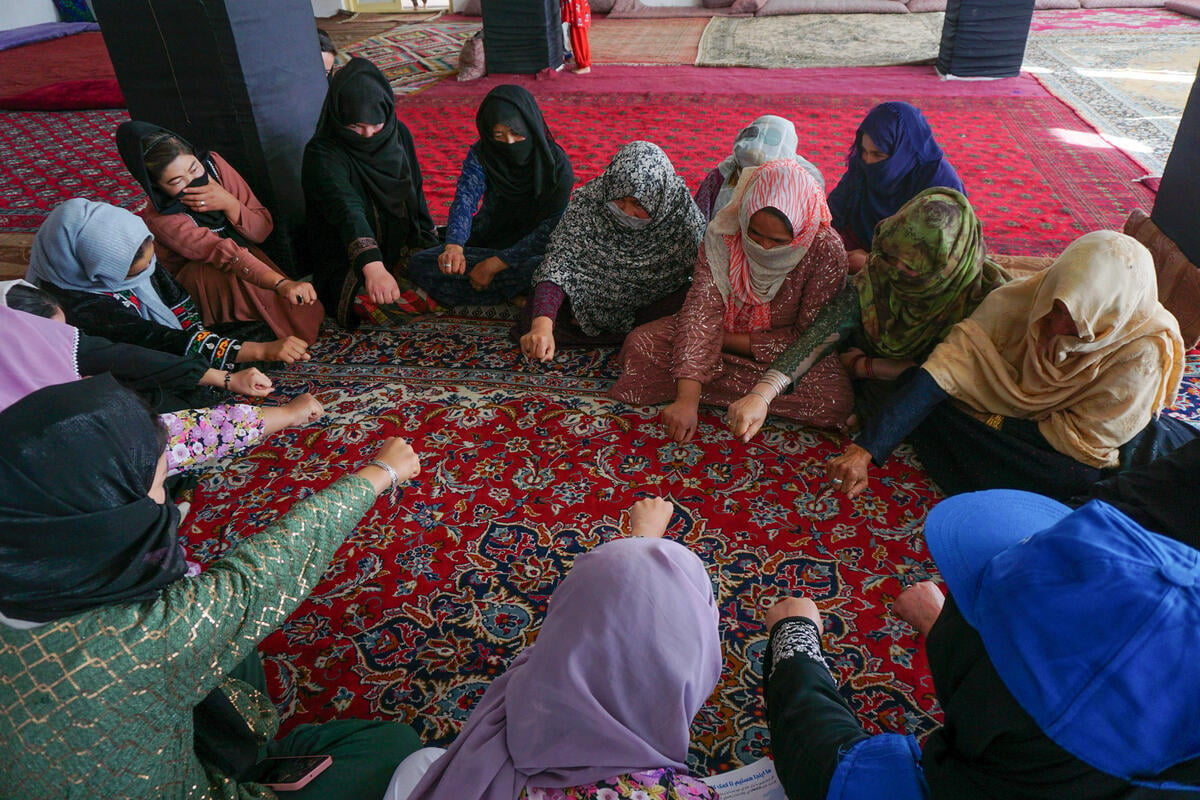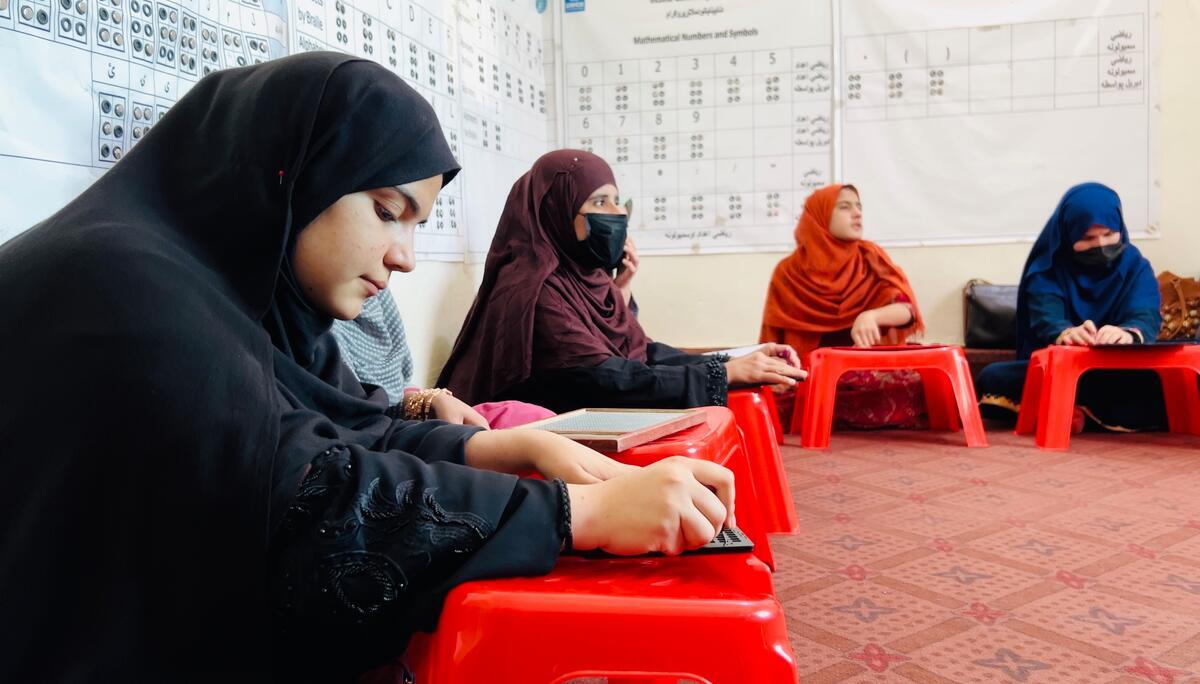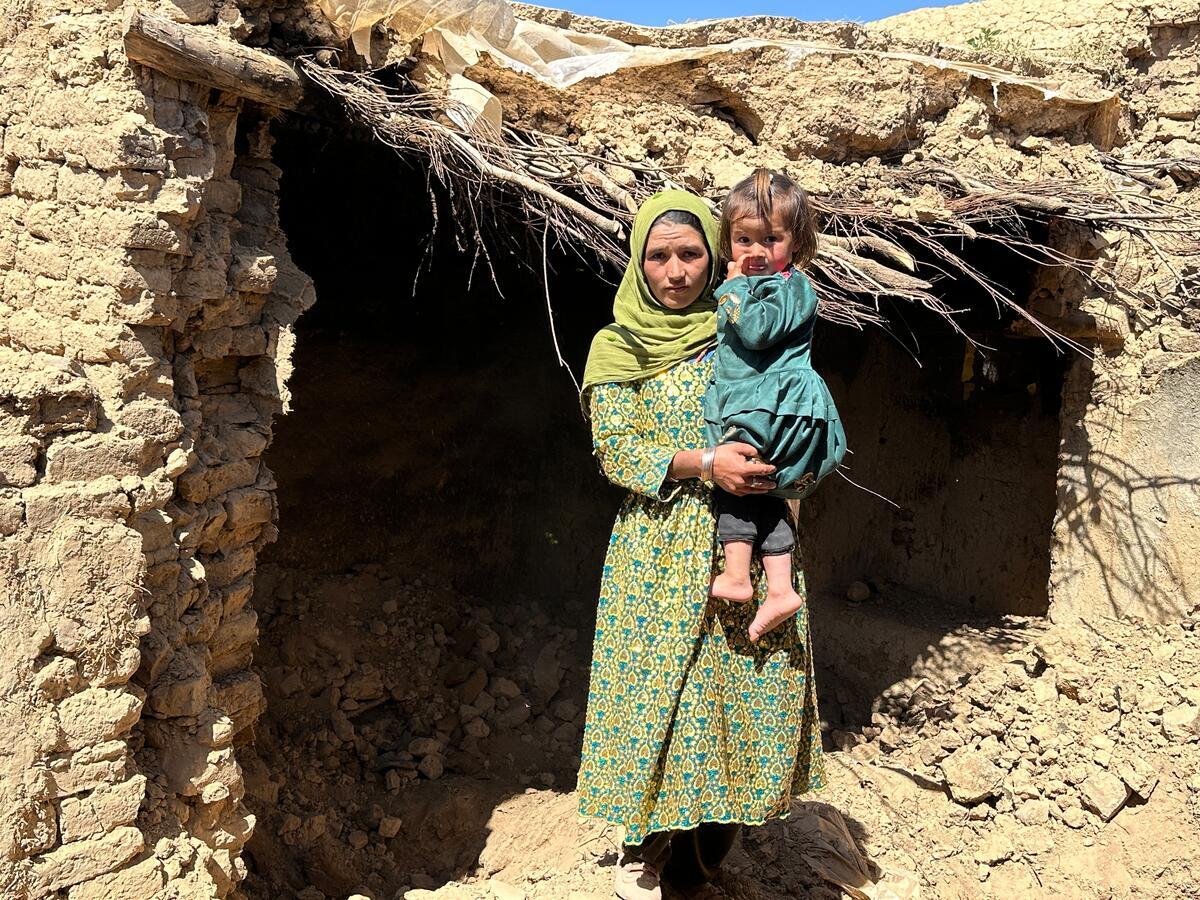UNHCR expresses frustration over Afghan aid obstacles
UNHCR expresses frustration over Afghan aid obstacles
GENEVA - The UN refugee agency on Thursday expressed growing concern and frustration over numerous obstacles preventing it from making urgent preparations for a possible influx of refugees in countries bordering Afghanistan.
UNHCR and its partners are struggling to put in place the supplies, camps, infrastructure and personnel required to cope with any large-scale movement out of Afghanistan. It has set an initial planning goal of providing, as soon as possible, everything required to care for up to 400,000 new arrivals in Pakistan and Iran. This means the immediate construction of camps and the stockpiling of thousands of tons of provisions.
"We are in a real race against time - and right now we are losing," said UN High Commissioner for Refugees Ruud Lubbers. "Obviously, we hope there are no new refugees fleeing to neighbouring states. But there is every possibility that we could soon start seeing large numbers of new arrivals. Assisting people inside Afghanistan is a very, very limited option right now, given the security situation. In any event, it is our responsibility to work with asylum countries to be prepared in the event of a refugee influx. Unfortunately, we are not receiving the support - in the region or internationally - that we need."
Although no major movements have been reported, borders in neighbouring countries remain closed. In Pakistan, red tape and security concerns prevent UNHCR field teams from getting access to border areas to monitor possible population movements or from offering immediate assistance to any new arrivals.
For a fourth consecutive day Thursday, UNHCR staff in the border areas of Pakistan were largely restricted to their quarters or offices because of security concerns, affecting a whole range of urgent field activities.
In Quetta, Thursday was the first time UNHCR staff were able to go to the UNHCR office since Monday, when it was attacked by a stone-throwing mob. UNHCR staff were unable to go to the field to work on urgently needed camp sites or to monitor the border. In Peshawar, to the north, the agency's work was also drastically curtailed.
Compounding the problems is the insistence of the Pakistan government that any new camps be built in dry, remote and insecure tribal areas along the Afghan border. While recognizing the enormous burden that Pakistan - which already hosts some 2 million Afghans - has carried for years, UNHCR continues to press for more suitable sites further inland. It also urges neighbouring states to open their borders to those in need of protection and assistance. In the event of a mass influx from Afghanistan, UNHCR has called on neighbouring countries to provide temporary protection.
Internationally, UNHCR again urges donor governments to quickly provide the $50 million required for the first phase of the agency's contingency plans to help up to 400,000 people. Although some $29 million has so far been pledged, less than $23 million has actually been received by UNHCR to date.
"We have repeatedly stressed the need for international burden-sharing in this emergency so that the neighbouring states, who have already made enormous sacrifices, can afford be more generous in their response as well," High Commissioner Lubbers said. "I appeal to donors to make their contributions now, before it is too late."








